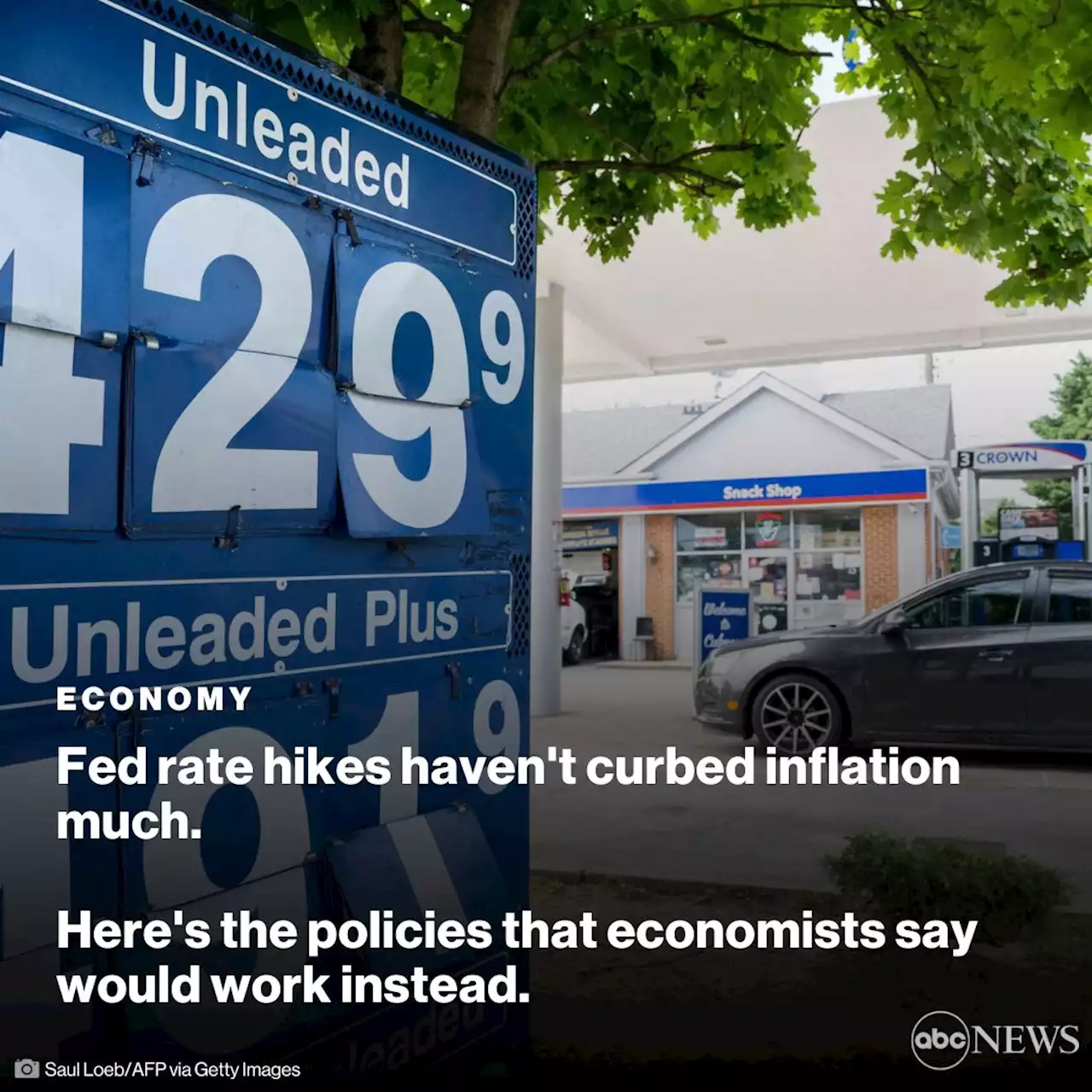The Fed has instituted a series of aggressive interest rate hikes in recent months, but they have failed to significantly reduce prices, prompting suggestions of policy alternatives that some economists say would better address the causes of inflation.
September 20, 2022, 6:07 AMSaul Loeb/AFP via Getty Imageslast week dispelled hopes of relief for strained households and rekindled questions about U.S. policy for fighting sky-high prices.in recent months as it tries to slash price increases by slowing the economy and choking off demand. But the approach risks tipping the U.S. into an economic downturn and putting millions out of work.
Decades later, in 1971, President Richard Nixon imposed price controls in an effort to slash inflation and ensure his re-election the following year. The controls remained in place until 1974 but were seen by many as ineffective at reining in price hikes. The fear of empty shelves carries heightened concern because supply shortages remain a central cause of U.S. inflation and price controls could exacerbate that root problem even further, Pakaluk added.Federal Reserve Board Chairman Jerome Powell speaks during a news conference in Washington, D.C., July 27, 2022.Rather than limit prices, some solutions seek to rein in corporate profits.
Melodia, of the Center for New York City Affairs, disagreed. Because businesses seek to optimize profit, the economy needs a safeguard to prevent them from doing so when prices are highly elevated, she said. One way to address that imbalance is to dramatically increase supply, thereby bringing it in balance with outsized demand.
